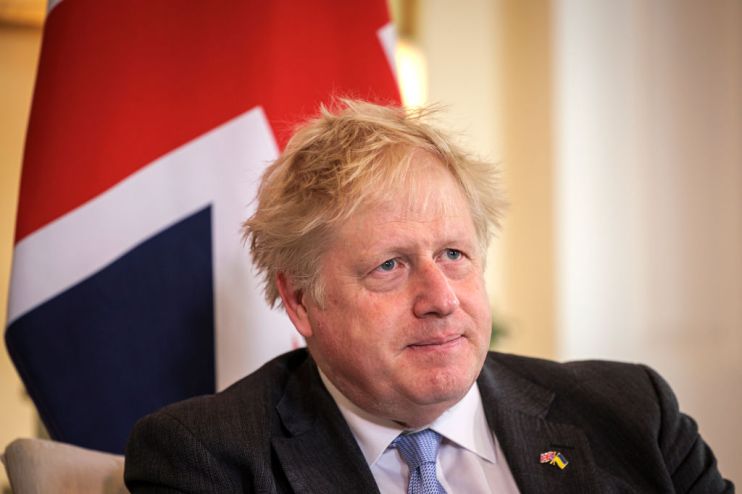Westminster has much to learn from the resilience of post-pandemic London

Last week the City AM Awards 2022 were held in the Guildhall, the ancient seat of government for the City of London. There was an air of celebration, and many dinner jackets and evening gowns were being worn for the first time in months, if not years. There was unanimity on the message which everyone wanted to convey: Britain was open for business again, and the City was back.
It’s an important message, because at the height of the pandemic, gloomy prognostications were not in short supply. After all, in 2020 the UK’s GDP declined by a record-breaking 9.7 per cent as businesses and consumers alike found their fundamental assumptions about the world challenged: how do you keep the economy alive when the government has essentially told you to put your life on hold?
In fact we proved resilient.
When subsequent lockdowns became necessary, adaptation had occurred across the economy, and by October 2021—after 18 months of Covid-19—GDP has rallied to more or less its pre-crisis levels. That doesn’t mean the pain has gone. We are still in recovery, and the massive spending necessary during the pandemic will take years to make good.
As the economy gradually inches towards improvement, however, it is hard to avoid the conclusion that the government is moribund. For those with longer memories, there is a whiff of the mid-1990s: drift, lack of purpose, unforced errors and a sense of a moral void at the centre. Partygate, Owen Paterson, questionable PPE contracts, an MP watching pornography in the Commons: none of these brouhahas needed to happen, but misfortune breeds misfortune.
It is not to say there is no good news. The UK has shown firmness in supporting and defending Ukraine against Russian aggression, and the defence secretary, Ben Wallace, has handled the supply of weaponry with skill and command. Penny Mordaunt, minister for trade policy, has tackled the unglamorous but vital work of concluding agreements and memoranda of understanding with individual US states to boost trade in anticipation of a free trade agreement.
The business community is raring to go. There are 41 unicorn companies in the UK; we have a thriving tech sector, with an especially strong showing in fintech; we retain a disproportionately high proportion of the world’s top universities, which are growing more business-savvy every year; and the City of London, despite fears of the dread hand of Brexit, remains the only global rival to New York for financial services.
If only some of that drive and dynamism could be injected into government, you might think.
Well, why not?
Let’s look at immigration. It is often seen as a bad news story, of failure to control. But last year the government announced a direct visa route of entry for Hong Kongers, given continuing oppression by China. Nearly 100,000 have applied to come already; eventual numbers could be four times that. Good. This influx will be almost entirely made up of adults, and more than two-thirds of them are educated to degree level or higher. The government should do everything it can to empower these immigrants and unleash their potential.
Turn to the war in Ukraine. One of the game-changers of this conflict has been the devastating use of drones against large armoured foundations. The UK provides technology for some of the biggest and best drone manufacturers in the world: look at the work on the Taranis airframe at BAE Systems’ Warton facility in Lancashire. Let us make sure that this is a sector which can flourish and take on the best.
We are also well placed to capitalise on the boom in digital health. Of those 41 unicorns mentioned, six of them are healthtech companies. With proper development, this could revolutionise healthcare, making it quicker, more efficient, more accurate and more personalised: and what institution needs those attributes more than the NHS?
The ideas are out there.
The UK is bursting with innovators and entrepreneurs, people who are ready to change the world and make money doing it. So it would be the best news story of all to hear at the next City AM Awards that government has opened its doors and, most importantly, its ears and we are on course for an ideas-led economic recovery.